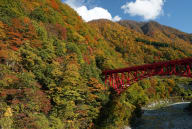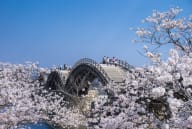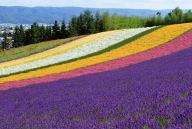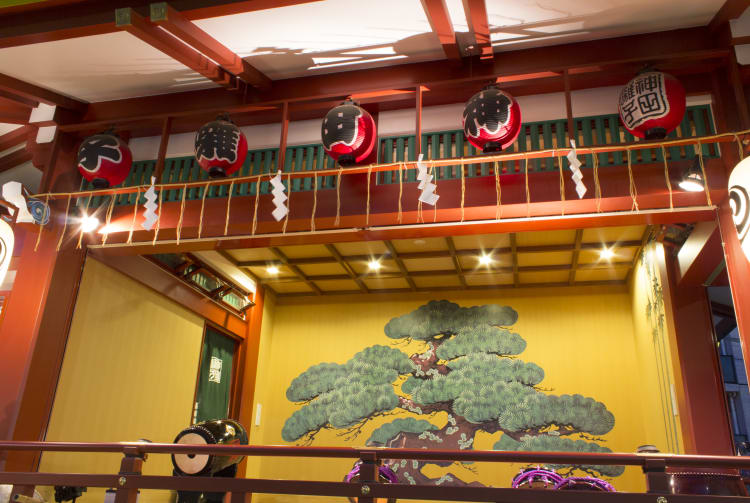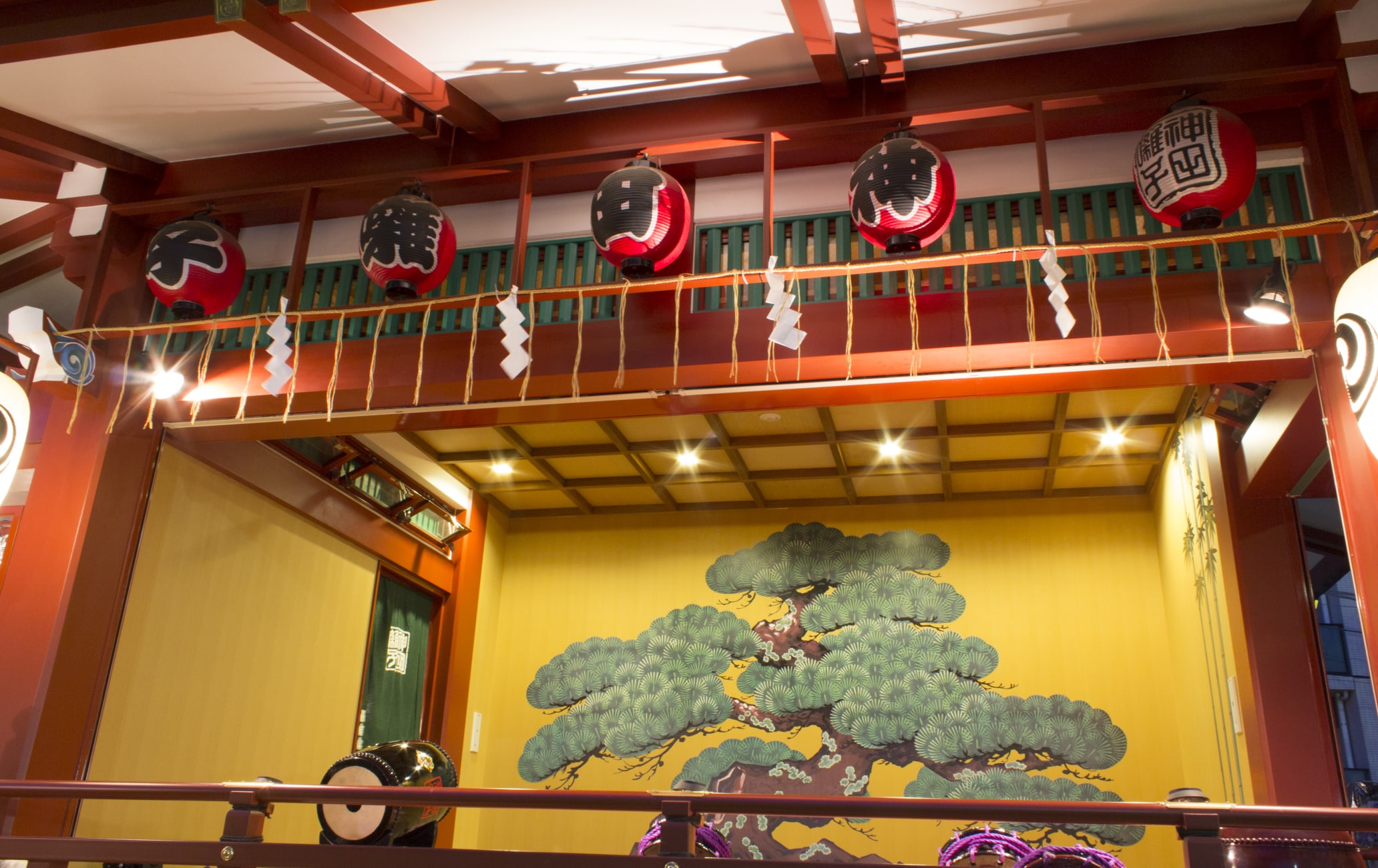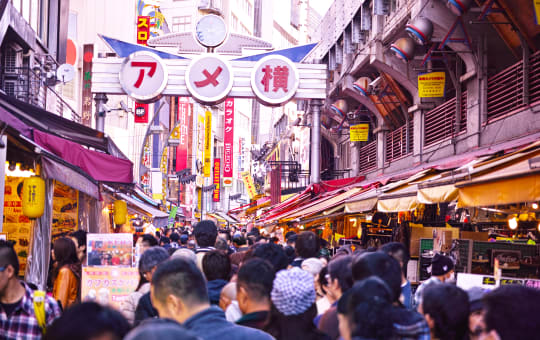Un sanctuaire sacré avec un attrait moderne inhabituel
Le sanctuaire Kanda Jinja, situé à Tokyo , jouit d'une histoire longue et complexe. Ce site a été influent depuis sa construction il y a près de 1300 ans. Il a eu une grande importance pendant l'époque d'Edo et, curieusement, c'est maintenant une destination de prédilection pour les fans d'anime.
Anecdotes
Deux des divinités du sanctuaire font partie des Shichifukujin ou sept divinités du bonheur
Taira-no-Masakado, qui s'est rebellé contre contre la cour impériale pour protéger son peuple, est consacré ici
Nozomi Tojo, personnage de l'anime populaire Love Live!, représente une jeune fille du sanctuaire de Kanda Jinja
Comment s'y rendre
Kanda Myojin (le nom populaire du sanctuaire) est situé dans le quartier d'Akihabara . Akihabara , célèbre aujourd'hui pour sa culture populaire, se trouve entre les gares d'Ueno et de Tokyo sur la ligne JR Yamanote.
Le sanctuaire est à sept minutes à pied de la gare d'Akihabara. Il est en réalité plus proche de la gare JR d'Ochanomizu ou de la station de métro de Suehirocho sur la ligne Ginza. Kanda Myojin est à environ cinq minutes à pied des deux gares.

Entrepreneurs et rebelles
Construit à l'origine en 730, Kanda Myojin abrite trois divinités. Deux d'entre elles, Daikokuten et Ebisu, comptent parmi les Shichifukujin ou sept divinités du bonheur. C'est pour cela que de nombreux hommes et femmes d'affaires visitent ce sanctuaire pour prier pour leur prospérité.
Taira-no-Masakado était un pionnier parmi la classe samouraï. Il a mené des réformes politiques dans la région du Kanto et était très respecté par la population. Après sa mort en 1309, il a été consacré au sanctuaire Kanda-jinja en tant que divinité.


L'un des festivals les plus populaires et les plus vivants du Japon
L'origine du festival Kanda Matsuri est inconnue, mais on dit que ce festival est devenu grandiose à partir de la période d'Edo. Tokugawa Ieyasu, qui devint plus tard le premier shogun de la période d'Edo, pria pour la victoire de la bataille de Sekigahara dans ce sanctuaire et gagna la bataille en 1603. Comme le Kanda Matsuri se tenait le jour de sa victoire, le sanctuaire est devenu un objet de vénération pour Ieyasu et a prospéré en tant que festival qui portait chance à la famille Tokugawa. C'est l'un des trois grands festivals shinto à Tokyo avec le Sanno Matsuri au sanctuaire de Hie-jinja et le Fukagawa Matsuri à Tomioka Hachiman Jinja.
Le festival de Kanda a lieu tous les deux ans, en alternance avec le festival de Sanno.



Culture populaire et Akihabara
Attirant les fans d'anime et amateurs de culture d'Akihabara, de nos jours Kanda Myojin est plus apprécié que jamais. Le sanctuaire de Kanda-jinja apparaît dans l'anime populaire Love Live! dans lequel le personnage de Nozomi Tojo est une jeune fille (Miko) du sanctuaire.
Si vous observez attentivement les porte-bonheurs ema suspendus dans le sanctuaire, vous verrez que beaucoup présentent des illustrations de manga. Le passé et le présent y vivent en harmonie, le sanctuaire est un lieu de prière pour les quartiers traditionnels de Kanda et Nihonbashi, ainsi qu les quartiers d'Akihabara et de Marunouchi, le plus grand quartier d'affaires du Japon.






























